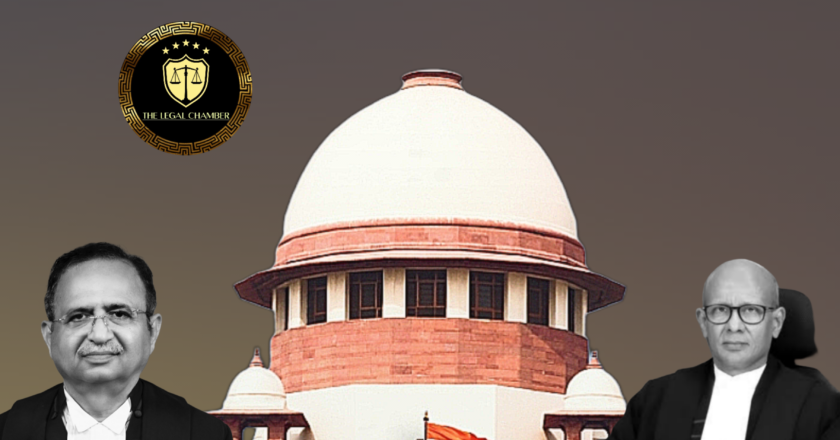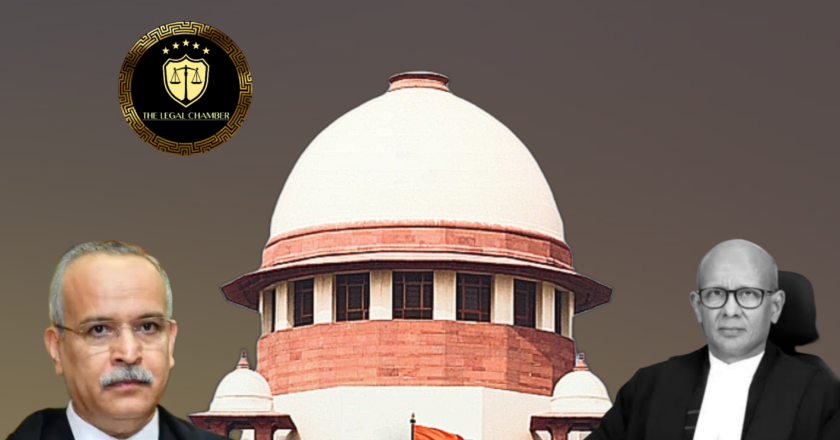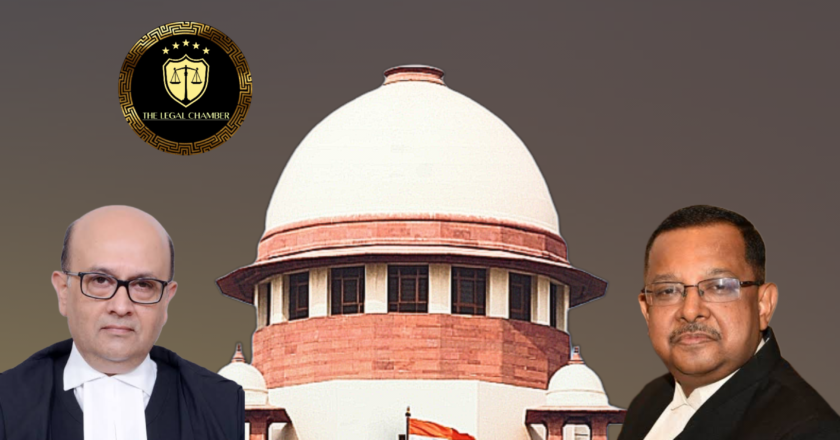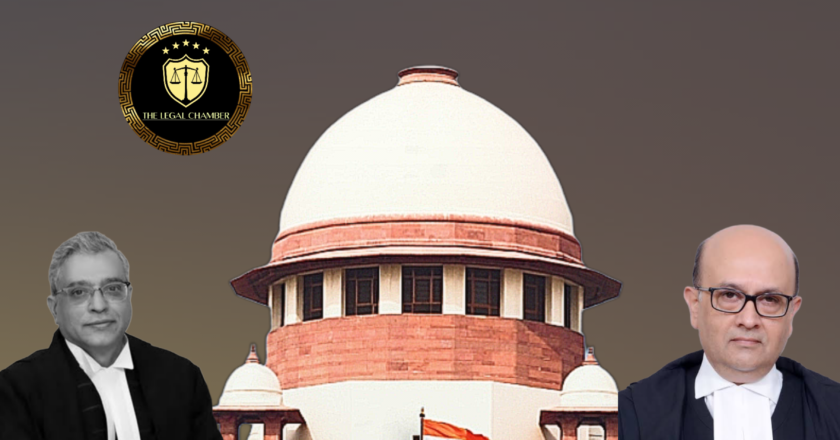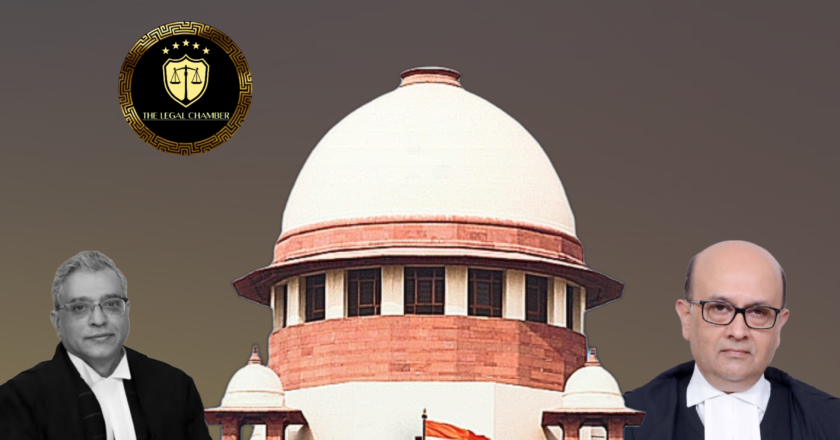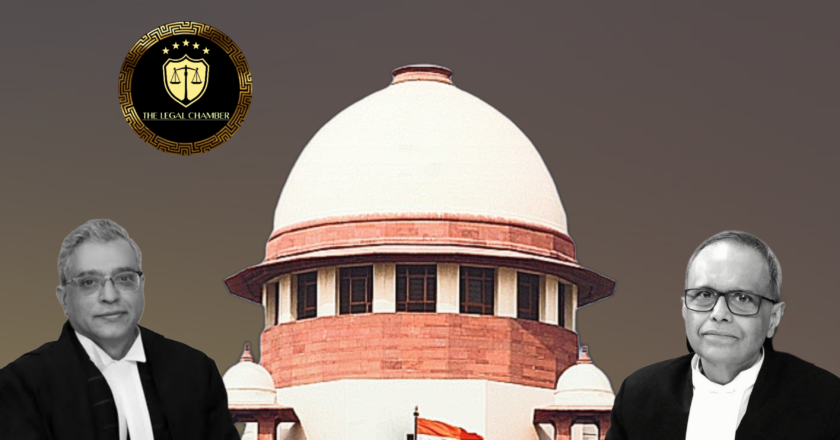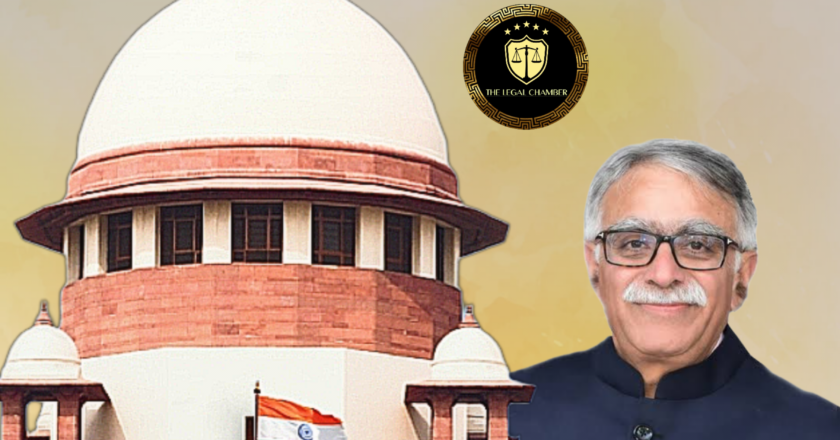Landmark Ruling Protects IP Owners: Supreme Court Says Continuous Infringement Creates Inherent Urgency
This Supreme Court judgment clarifies that under Section 12A of the Commercial Courts Act, a suit alleging continuing infringement of intellectual property rights inherently contemplates urgent interim relief. The Court held that mere delay in filing the suit does not negate urgency, as each ongoing act of infringement causes immediate and irreparable harm, and public interest in preventing market deception also factors into the assessment.
Facts Of The Case:
The appellant, a Danish company named Novenco Building and Industry A/S, held patents and design registrations in India for its industrial fans sold under the brand ‘Novenco ZerAx’. It had entered into a dealership agreement with respondent No. 1, Xero Energy Engineering Solutions Pvt. Ltd., in 2017. The appellant later discov...
